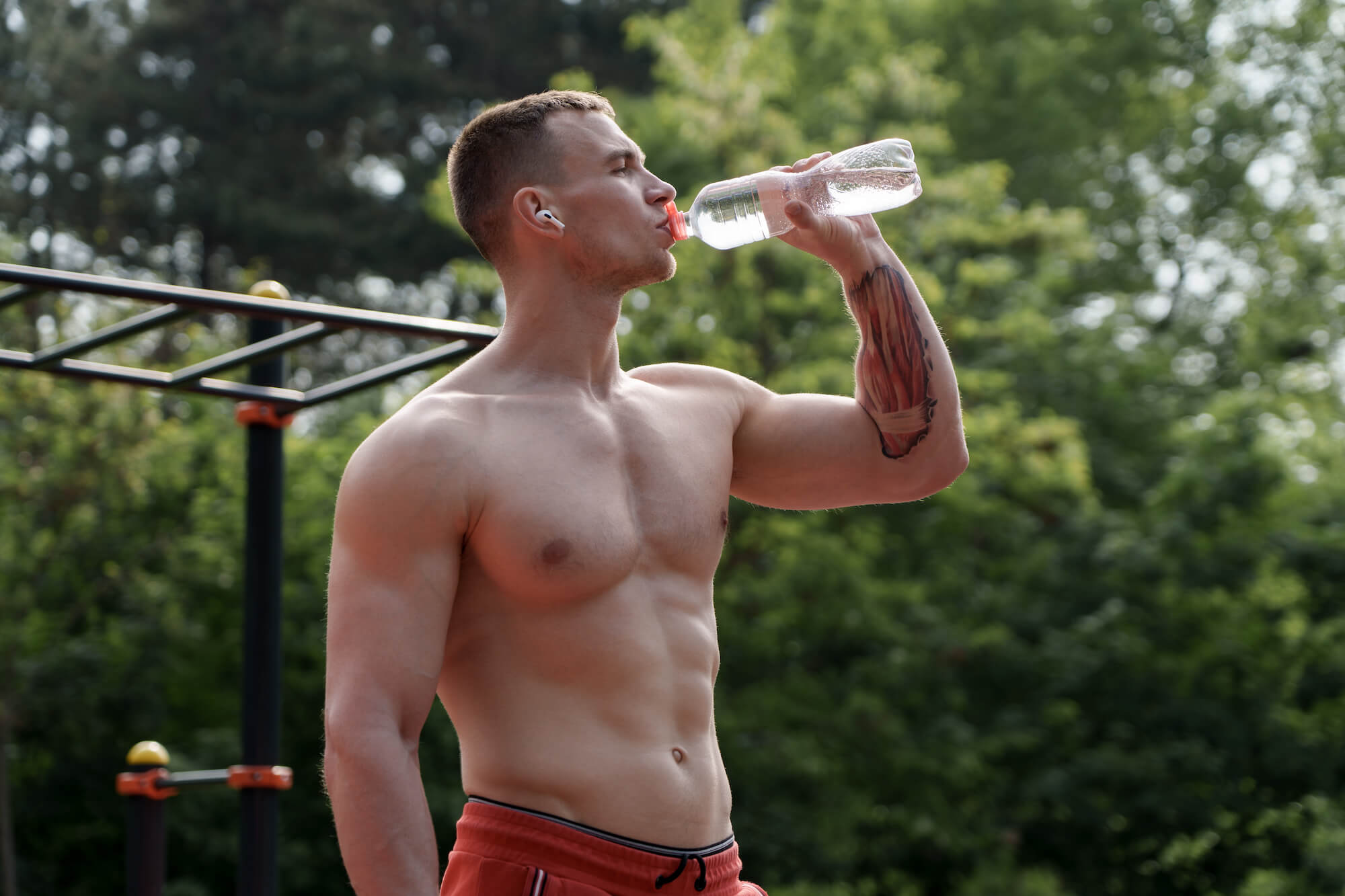When it comes to optimizing your exercise routine, especially if it involves intense workouts, hydration and electrolyte balance can be vital factors in how your body performs and feels. Electrolytes are essential minerals that help regulate a variety of physiological processes in the body, such as fluid balance, nerve and muscle function, and blood pressure. But what exactly are electrolytes, and why are they important for exercise performance? In this article, we’ll break down the basics of electrolytes and how they can affect your workout.
The Lowdown
What are Electrolytes?
Electrolytes are minerals that carry an electrical charge and exist in bodily fluids such as blood, sweat, and urine. Some of the major electrolytes in the body include sodium, potassium, calcium, magnesium, chloride, bicarbonate, and phosphate. These minerals play important roles in various physiological processes, such as:
- Fluid balance: Electrolytes help regulate the balance of fluids in the body, which is important for maintaining healthy blood pressure, preventing dehydration, and supporting organ function.
- Nerve and muscle function: Electrolytes help transmit electrical impulses across nerve and muscle cells, which is necessary for proper muscle contraction, relaxation, and coordination.
- Acid-base balance: Electrolytes help regulate the pH balance of bodily fluids, which is important for various metabolic processes and preventing acidity in the blood.
Why Are Electrolytes Important for Exercise?
During exercise, your body generates heat and sweat to cool down, which can cause a loss of fluids and electrolytes. If you don’t replace these electrolytes through proper hydration and nutrition, it could lead to dehydration and electrolyte imbalances that can affect your performance and recovery. Some potential consequences of electrolyte imbalances during exercise include:
- Muscle cramps: Electrolyte imbalances can cause muscle contractions and spasms, which can lead to cramps and discomfort.
- Fatigue and weakness: Electrolyte imbalances can cause muscle fatigue and weakness, which can negatively impact your performance and ability to continue exercising.
- Heat exhaustion and dehydration: Electrolyte imbalances can increase your risk of dehydration and heat exhaustion, which can cause symptoms such as dizziness, nausea, and confusion.
How Can You Maintain Electrolyte Balance During Exercise?
Maintaining proper hydration and electrolyte balance during exercise is crucial for optimizing your performance and recovery. Some tips for maintaining electrolyte balance during exercise include:
- Drink fluids before, during, and after exercise: Staying hydrated can help replenish fluids and electrolytes lost during exercise. Aim for 6-8 ounces of fluids every 15-20 minutes during exercise, and drink enough fluids after exercise to replenish any fluids lost.
- Eat foods rich in electrolytes: Consuming foods that are rich in electrolytes, such as bananas, oranges, nuts, and seeds, can help replenish any lost electrolytes and prevent imbalances.
- Consider supplements or drinks: Sports drinks can provide a source of electrolytes and carbohydrates that can help support endurance and performance during intense exercise. However, be mindful of the sugar content and choose drinks that have balanced electrolyte ratios. If you’re on a keto or Carnivore Diet, we instead recommend avoiding those sugary options and instead go for a sugar-free powder additive for your water.
- Monitor your symptoms: If you experience any symptoms of electrolyte imbalance during exercise, such as muscle cramps or fatigue, take a break and replenish your fluids and electrolytes.
Conclusion
In summary, electrolytes are essential minerals that play vital roles in regulating fluid balance, nerve function, and blood pressure in the body. Maintaining proper electrolyte balance during exercise is crucial for optimizing your performance and recovery, as imbalances can lead to muscle cramps, fatigue, and dehydration. By staying hydrated, consuming electrolyte-rich foods, and monitoring your symptoms, you can help prevent electrolyte imbalances and perform your best during exercise.


